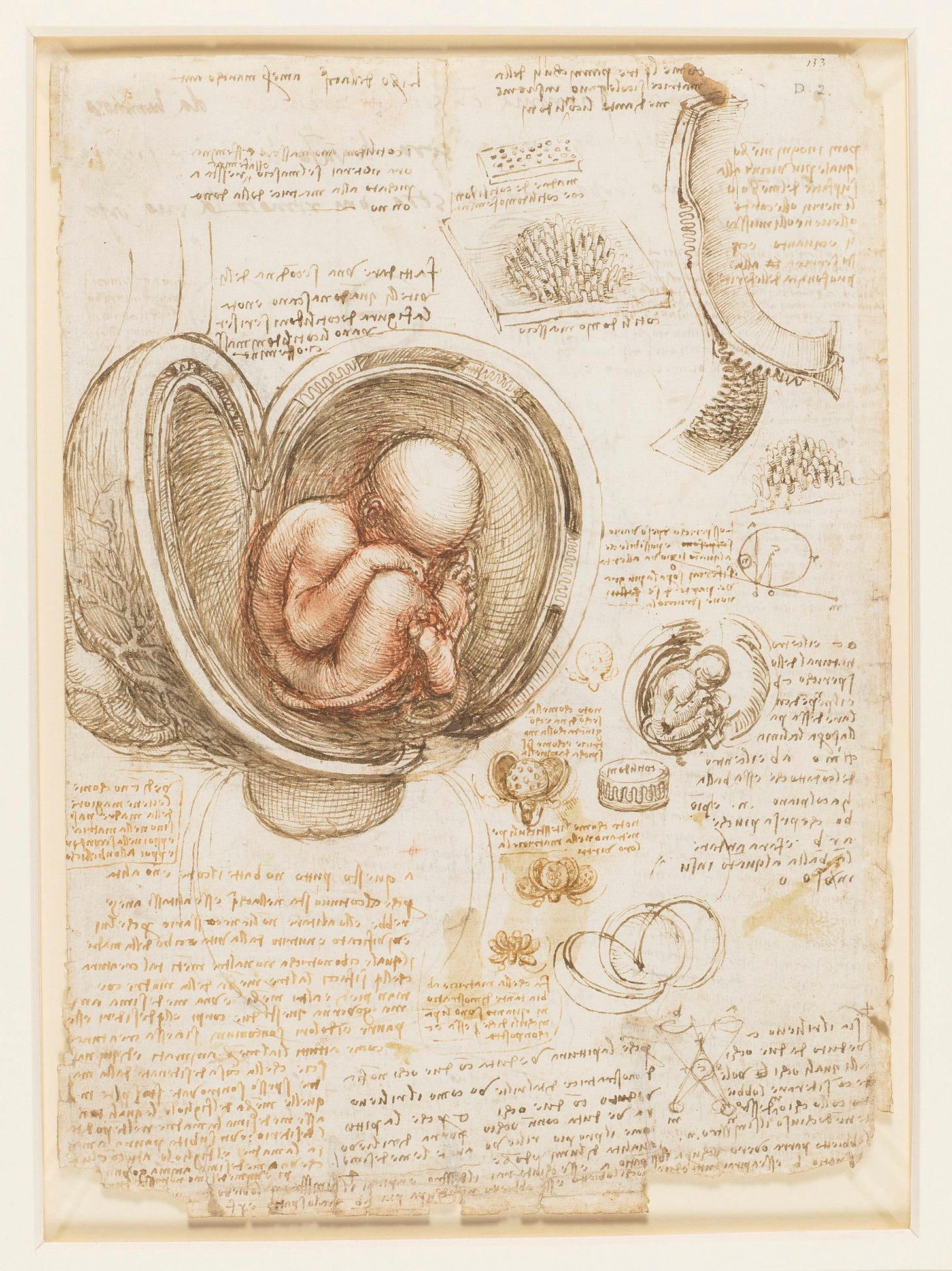A caterpillar’s purpose is to eat and grow. This works perfectly—until it doesn’t. The caterpillar can’t become a butterfly by eating more leaves. It must undergo a complete transformation, dissolving everything it was to become something entirely different.
Your purpose works the same way. What serves you at one stage becomes a prison at the next. The journey isn’t finding one purpose—it’s evolving through stages of purpose.
10 Insights on Finding Purpose
I.
Purpose isn’t static—it evolves as you evolve. What drives you at 25 won’t fulfill you at 45.
Each stage of development requires a different relationship with purpose.
II.
Early in life, purpose is about survival and security—getting your basic needs met, building safety, establishing belonging.
This is deficiency-driven purpose: fixing what’s missing
III.
Once survival is handled, purpose shifts to achievement—climbing the ladder, winning recognition, accumulating success.
You’re still operating from lack, but now it’s “I need to prove I’m enough.
IV.
Here’s the pattern: extrinsic goals (career, wealth, status) work brilliantly for meeting basic needs.
They help you build capability, confidence, and a foundation. This approach isn’t wrong; it’s necessary.
V.
But eventually, you achieve what you set out to achieve, and it feels... hollow. The formula that worked for survival fails spectacularly for fulfillment.
More achievement doesn’t fill the void—it reveals the void was never about achievement.
VI.
This is the crisis point—when what worked stops working. Most people double down: more success, more achievement, more having. But you can’t solve a growth need with a deficiency strategy. It’s like trying to become a butterfly by eating more leaves.
VII.
The shift required is profound: from extrinsic to intrinsic motivation. From doing things to get something (recognition, security, validation) to doing things for their own sake—because you love them, because they’re expressions of who you are.
VIII.
At this stage, purpose transforms from “What can I get?” to “What can I give?” Not from obligation or guilt, but from fullness. You’re no longer trying to fill yourself—you’re naturally overflowing.
IX.
Growth continues beyond even this.
Your circle of care expands: from caring for yourself (survival) → caring for your achievements (success) → caring for your authentic expression (self-actualization) → caring for the whole (self-transcendence).
X.
Eventually, you realize that the journey was the reward.
Each stage was teaching you what you needed to learn. The caterpillar, the cocoon, the butterfly—all necessary. You don’t skip stages. You transcend and include them.
5 Quotes
I.
“What a man can be, he must be.”
Abraham Maslow
II.
“The privilege of a lifetime is to become who you truly are.”
Carl Jung
III.
“Success, like happiness, cannot be pursued; it must ensue as the unintended side-effect of one’s personal dedication to a cause greater than oneself.”
Viktor Frankl
IV.
“Transcend and include.”
Ken Wilber
1 Question
Are you coming from a place of need or desire to be more, to become fulfilled, happy, and at peace, or a place where you are fulfilled and want to give back?


